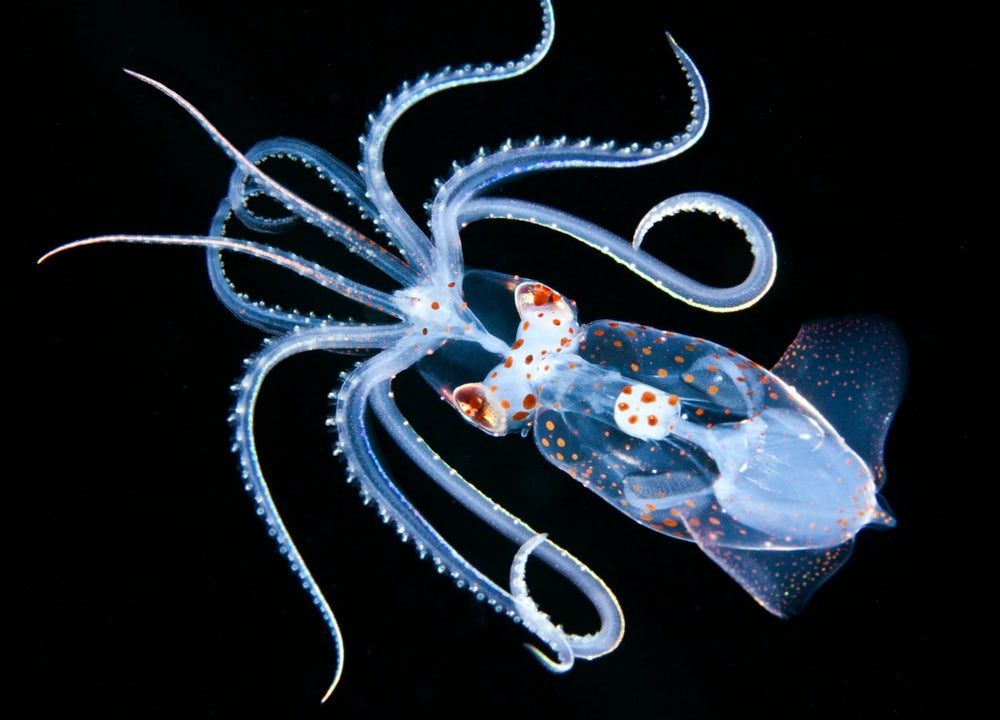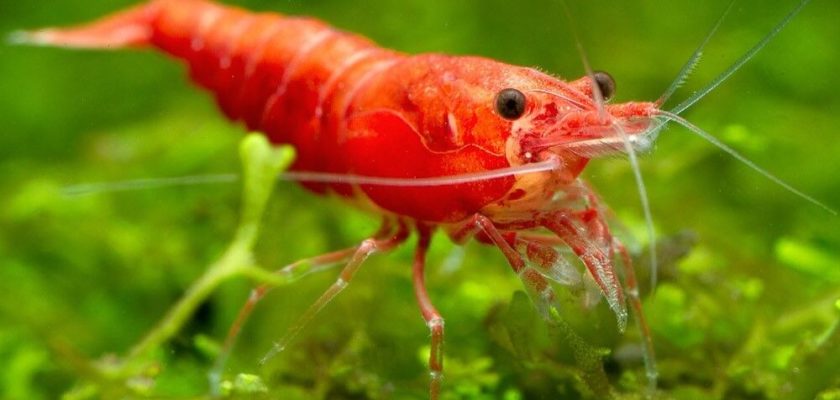The heart is one of the most important organs in a living creature. It helps to keep blood pumping around the body and allows oxygen to be taken in and waste products to be removed. But some animals have strange and unusual hearts that work in unique ways. Here are 7 animals with some of the strangest hearts in the animal kingdom.
Giraffe
Giraffes have the strangest hearts of all animals. Their heart is incredibly powerful, pumping blood up their long necks to their brain. The heart of a giraffe is about 2 feet long and weighs an astonishing 24 pounds, more than any other mammal. It beats about 170 times per minute and has an unusually large left ventricle. This extra-large left ventricle helps the giraffe’s heart circulate blood quickly and efficiently to its brain, even when the animal is bending down to drink. What makes the giraffe’s heart even more fascinating is its high tolerance for low oxygen levels.
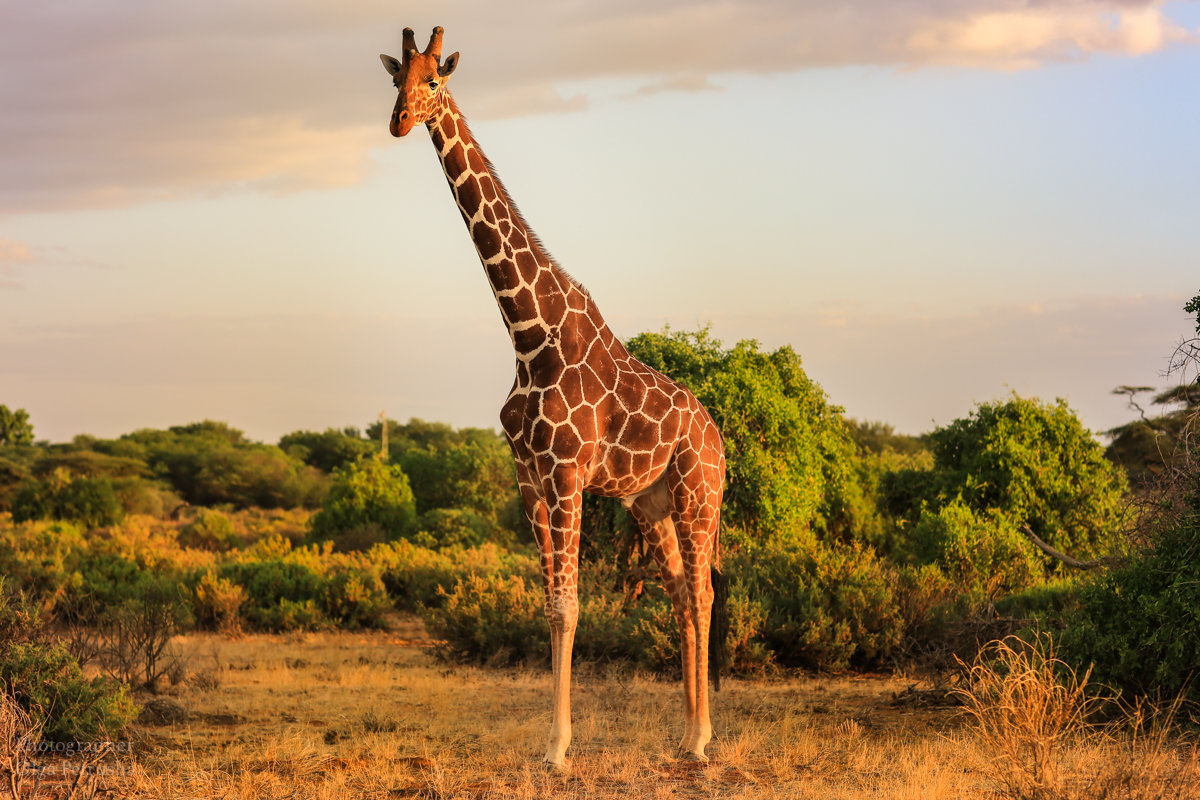
Octopus
Octopuses have the strangest of hearts! Unlike other animals, octopuses have three hearts that pump blue, copper-rich blood throughout their bodies. The main heart pumps blood throughout the body, while the other two pump blood through the gills. The blood is copper-rich due to the presence of copper-based proteins that help carry oxygen. The hearts have a complex network of valves and vessels, which allow them to pump more oxygen-rich blood to their vital organs.
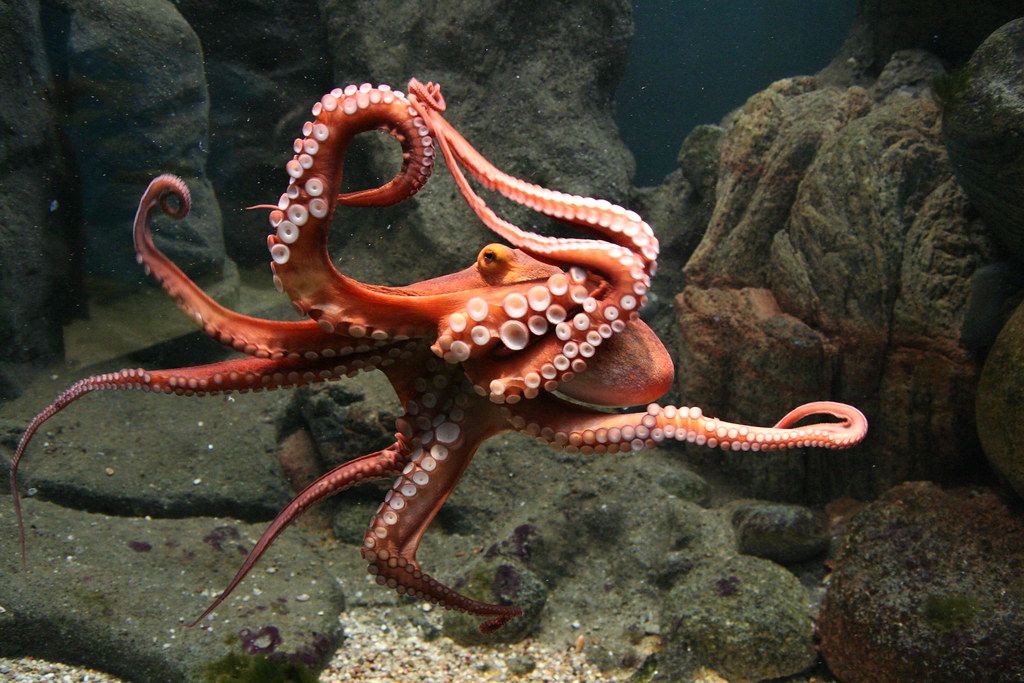
Frogs
Frogs have some of the strangest hearts in the animal kingdom. While humans have a four-chambered heart with one atrium and one ventricle on either side, frogs have three chambers: two atria and one ventricle. This means their oxygen-depleted blood is not completely separated from the oxygen-rich blood, creating a less efficient circulation system. This is why frogs need to take frequent breaks while hopping around, as their hearts need to work extra hard to pump blood around their bodies. Interestingly, frog hearts can also stop beating while they are still alive.
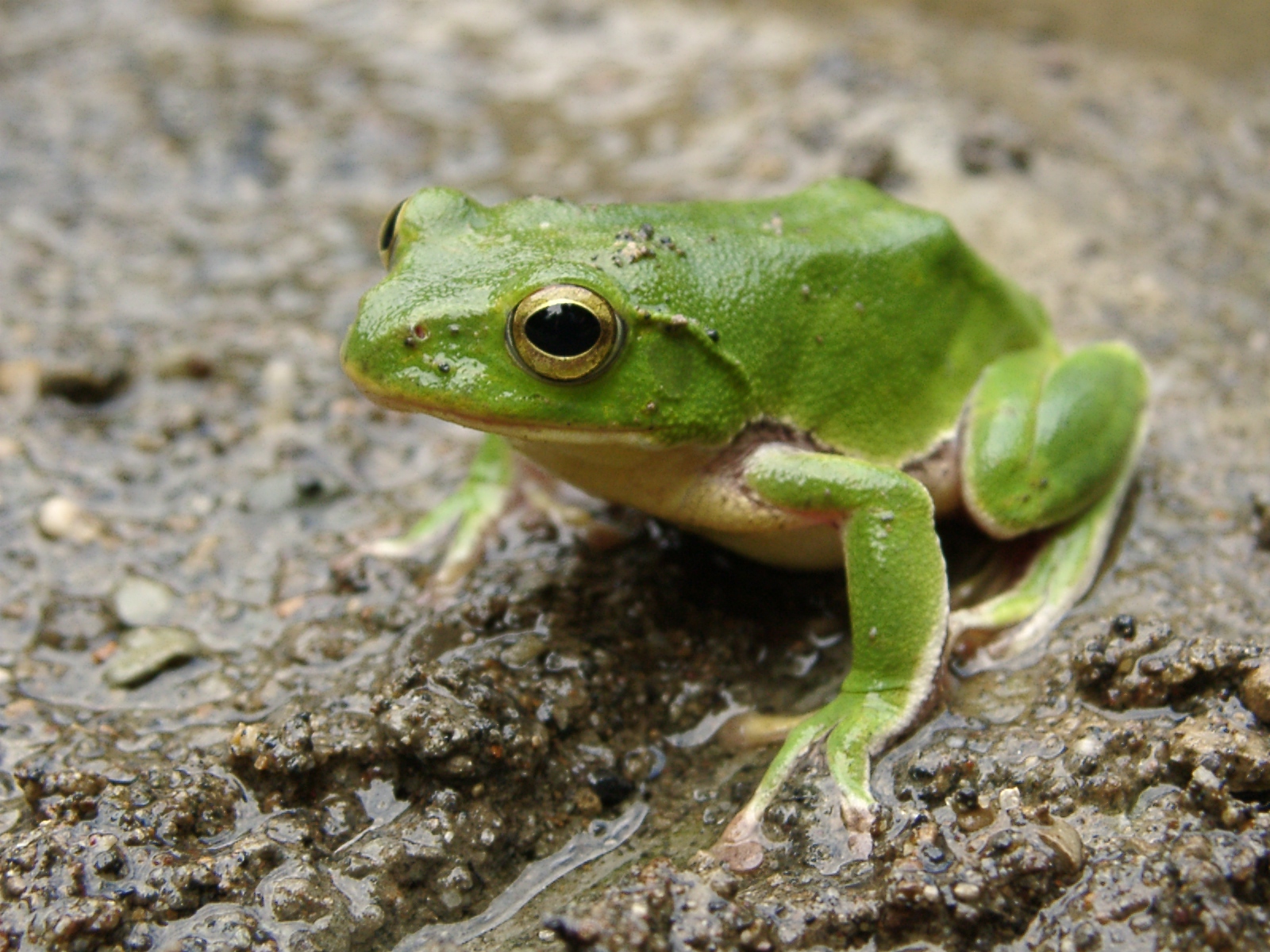
Pygmy Shrew
The Pygmy Shrew has one of the most peculiar hearts of any animal on the planet. This tiny mammal has an unusually large heart relative to its body size, which is approximately the size of a human thumb. Its heart is also unusual in its shape, being more elongated than the round heart of most mammals. This gives the Pygmy Shrew a much higher metabolism, allowing it to remain active for long periods of time. Furthermore, its heart beats at an incredibly fast rate — up to 1,200 beats per minute — helping it to maintain its energy levels and stay alert for any predators.
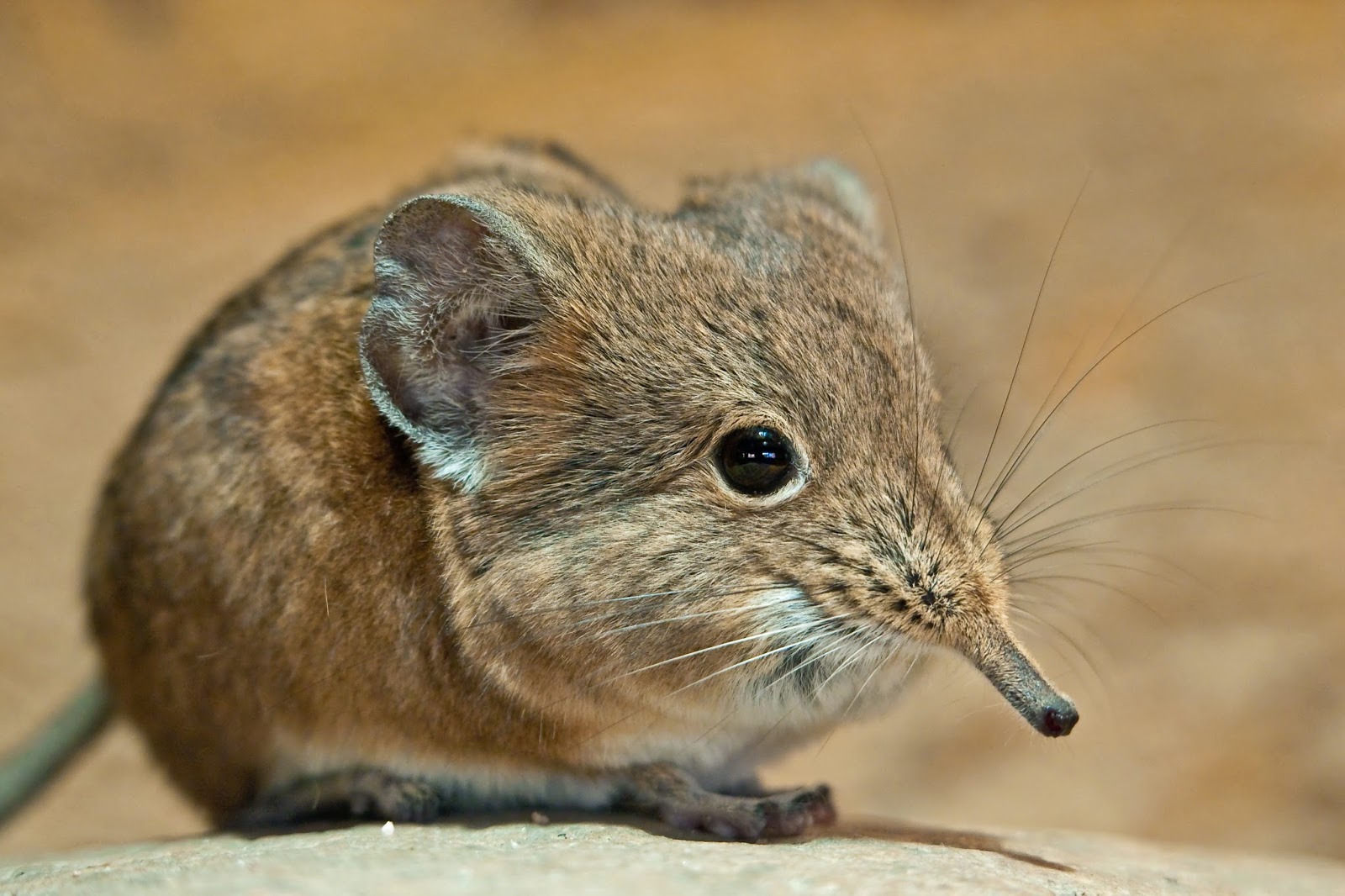
Shrimp
Shrimps have the distinction of having a particularly unusual heart. This small, segmented invertebrate has what’s known as a single, open circulatory system. Which means its heart pumps oxygen-rich blood in and out of the body without the benefit of any veins or arteries. The blood circulates through its body, and then returns to the heart to be pumped out again. This allows the shrimp to get oxygen to different parts of its body faster than other animals. In addition, the shrimp’s heart is located in its head and is covered by a membrane to protect it from the elements.
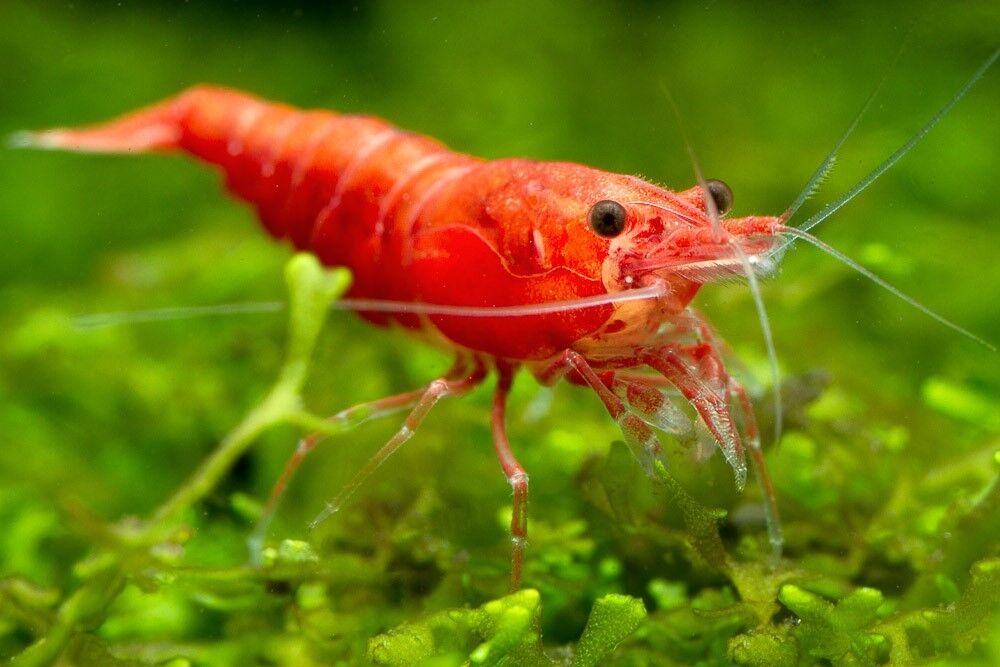
Earthworms
In the absence of a heart, earthworms have five pseudohearts that wrap around their esophagus and help circulate their blood throughout the body. Their moist skin allows them to absorb oxygen from air trapped in the soil or aboveground after rain. This oxygen is then drawn into the cells and blood system, where it is pumped around the body by the red blood containing hemoglobin, a protein that carries oxygen. This circulation process is facilitated by an open circulatory system.
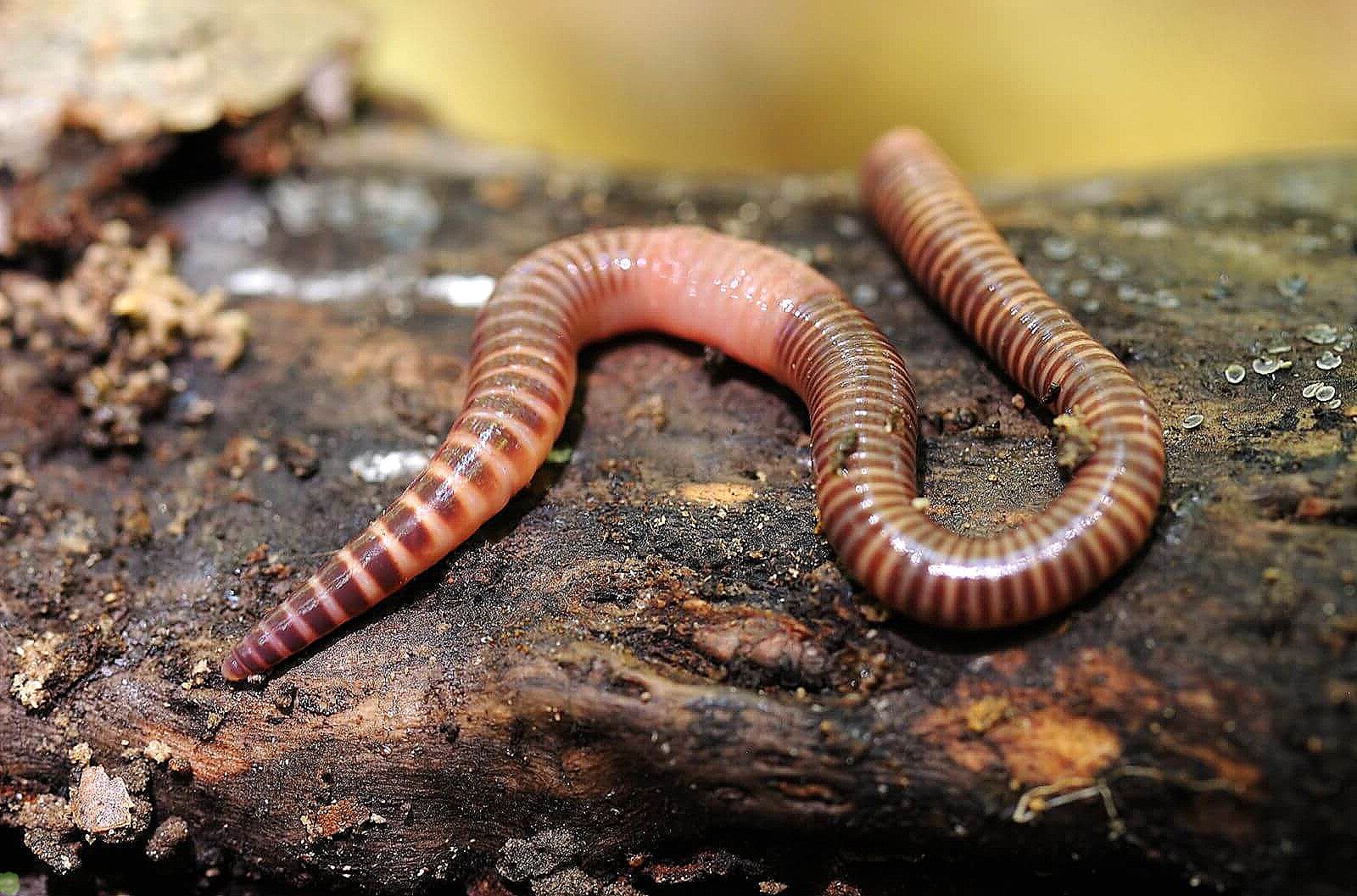
Squids
Squids have some of the strangest hearts in the animal kingdom. These cephalopods possess a three-chambered heart that pumps blood to all parts of the body. The heart is located in the head and is divided into three parts: the systemic, branchial, and pulmonary hearts. The systemic heart pumps blood to the gills and the branchial heart pumps oxygenated blood to the organs, while the pulmonary heart pumps deoxygenated blood to the rest of the body. The blood is then circulated through the entire body, providing oxygen and nutrients to the cells and organs.
